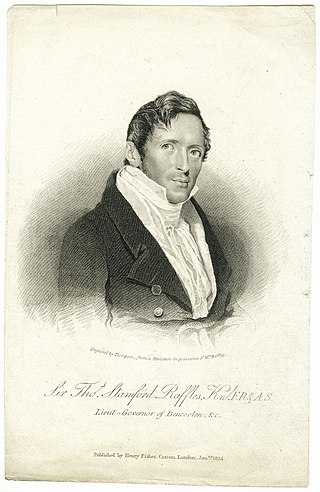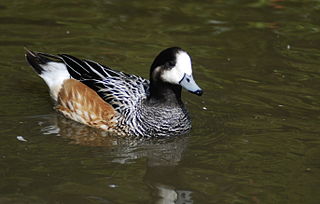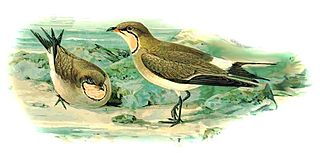
Johann Jakob Scheuchzer was a Swiss physician and natural scientist born in Zürich. His most famous work was the Physica sacra in four volumes, which was a commentary on the Bible and included his view of the world, demonstrating a convergence of science and religion. It was richly illustrated with copperplate etchings and came to be called the Kupfer-Bibel or "Copper Bible".
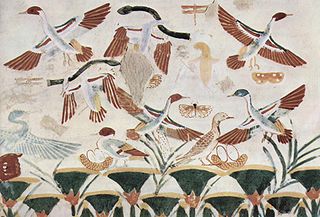
The following is a timeline of ornithology events:
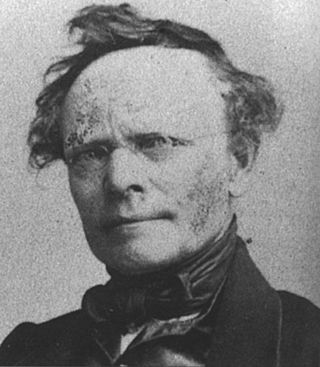
Johann Jakob von Kaup was a German naturalist. A proponent of natural philosophy, he believed in an innate mathematical order in nature and he attempted biological classifications based on the Quinarian system. Kaup is also known for having coined popular prehistoric taxa like Pterosauria, Machairodus, Deinotherium, Dorcatherium, and Chalicotherium.

Martin H[e]inrich Carl Lichtenstein was a German physician, explorer, botanist and zoologist. He explored parts of southern Africa and collected natural history specimens extensively and many new species were described from his collections by European scientists.

Johann Friedrich Naumann was a German scientist, engraver, and editor. He is regarded as the founder of scientific ornithology in Europe. He published The Natural History of German Birds (1820–1844) and The Eggs of German Birds (1818–1828). His father Johann Andreas Naumann (1744–1826) was a naturalist, and his brother Carl Andreas Naumann (1786–1854) was also an ornithologist.

Ernst Johann Otto Hartert was a widely published German ornithologist.

Johann Jakob von Tschudi was a Swiss naturalist, explorer and diplomat.

The Puna teal is a species of dabbling duck in the family Anatidae. It was at one time regarded as a subspecies of the silver teal.

James Ellsworth De Kay was an American zoologist.

The roadside hawk is a relatively small bird of prey found in the Americas. This vocal species is often the most common raptor in its range. It has many subspecies and is now usually placed in the monotypic genus Rupornis instead of Buteo.

The Tahiti rail, Tahitian red-billed rail, or Pacific red-billed rail is an extinct species of rail that lived on Tahiti. It was first recorded during James Cook's second voyage around the world (1772–1775), on which it was illustrated by Georg Forster and described by Johann Reinhold Forster. No specimens have been preserved. As well as the documentation by the Forsters, there have been claims that the bird also existed on the nearby island of Mehetia. The Tahiti rail appears to have been closely related to, and perhaps derived from, the buff-banded rail, and has also been historically confused with the Tongan subspecies of that bird.

Johann Jakob Hottinger was a Swiss historian. He was a great-grandson of philologist Johann Heinrich Hottinger (1620–1667).

Anoura peruana is a species of bat from Colombia and Peru. It was elevated to a species in 2010, after previously being considered a subspecies of Geoffroy's tailless bat. The females are larger than the males.

Illustrirte Zeitung was Germany's first illustrated magazine that existed between 1843 and 1944. It was also known as Leipziger illustrirte Zeitung. The magazine described itself as the Germany's illustrated magazine with the international view.
This page is based on this
Wikipedia article Text is available under the
CC BY-SA 4.0 license; additional terms may apply.
Images, videos and audio are available under their respective licenses.












